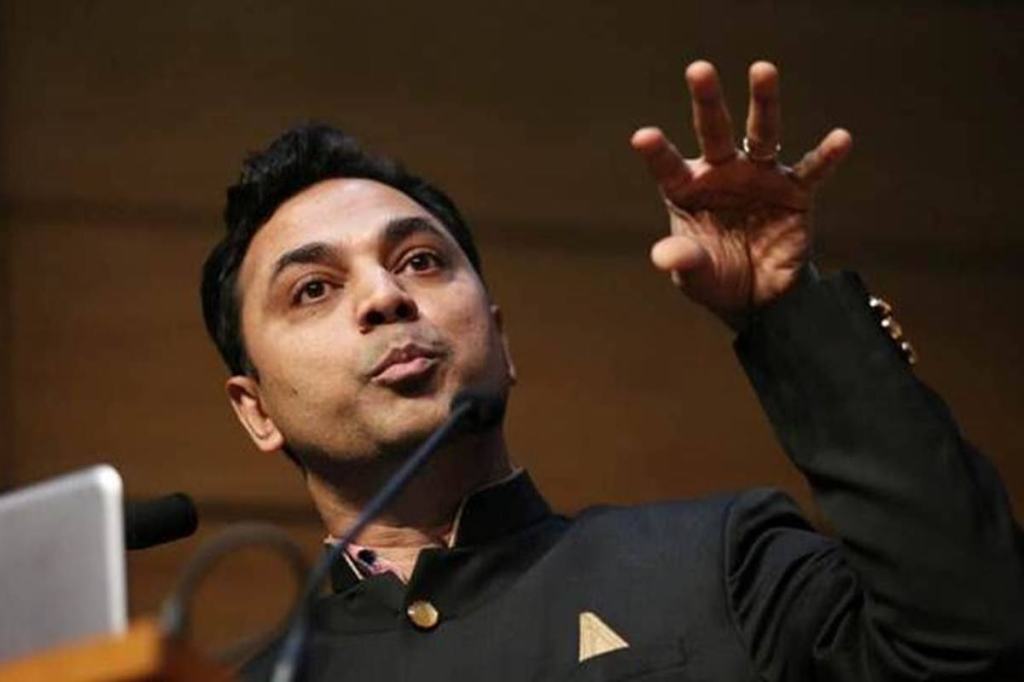Chief economic adviser (CEA) Krishnamurthy V Subramanian on Tuesday called on financial institutions to shun “crony-lending” and focus on the quality of advances to help create large-scale infrastructure assets and satiate the appetite of a fast-reflating economy.
Speaking at a Ficci event, he also pitched for clawing back compensation of senior management at financial institutions in cases where they resorted to crony-lending or ever-greening of loans with mala-fide intent. Such a claw-back provision will discourage “crony-lending”, which not just exacerbates bad loan risks but also deprives a worthy borrower of credit because an undeserving one has already cornered it.
However, bankers shouldn’t be harassed for honest business mistakes, he indicated. Prime Minister Narendra Modi, too, recently said the government recognises the cycle of ups and downs faced by businesses. So, it doesn’t harbour the thinking that all transactional decisions by bankers that have gone wrong amount to malfeasance.




Prime Minister Narendra Modi had recently asked lenders to boost credit flow to critical as well as new sectors to satiate the growing appetite of a fast-recuperating economy, with an assurance that public-sector bankers won’t be harassed for honest business mistakes.
The CEA said the banking sector since the early 1990s has faced the problem of poor-quality lending, especially on large loans. Consequently, advances were not made to most creditworthy borrowers but to crony capitalists, leading to bad loan crisis, he added. The current government has blamed “indiscriminate lending” during the UPA era for the non-performing asset crisis in recent years.
“I think it is extremely critical now that the financial sector owns up to the responsibility of doing high-quality lending, especially on the infrastructure side, and really avoid crony-lending…,” Subramanian said.
It is the duty of the financial sector to ensure optimal capital allocation in the economy, he added. According to the latest economic survey, the share of restructured loans jumped from 0.74% in FY08 to 6.94% in FY15 but the reported gross non-performing assets (NPAs) of banks didn’t rise as much — from 2.2% to 4.3% — during this period. This is mainly because banks used the option of restructuring loans that were on the verge of defaulting without due regard to the viability of such loans. So, when an asset quality review (AQR) was ordered in December 2015, massive amount of bad loans was suddenly detected.
Importantly, much of the NPAs were found to have concentrated in the infrastructure sector that was facing problems on several counts, including extraneous ones.
Given their expertise, development finance institutions (DFIs) will play an important role in infra financing. In the Budget for FY22, the government has proposed to set up a DFI with an initial capital infusion of Rs 20,000 crore.
The government has already identified about 7,000 projects under the National Infrastructure Pipeline, with a projected investment of as much as Rs 111 lakh crore during 2020-25. This points at the huge need for financing.
It has also budgeted capital expenditure at Rs 5.45 lakh crore for FY22, which is as much as 26.2% higher than the revised estimate of FY21 and 34.5% larger than the budget estimate for this fiscal.





















